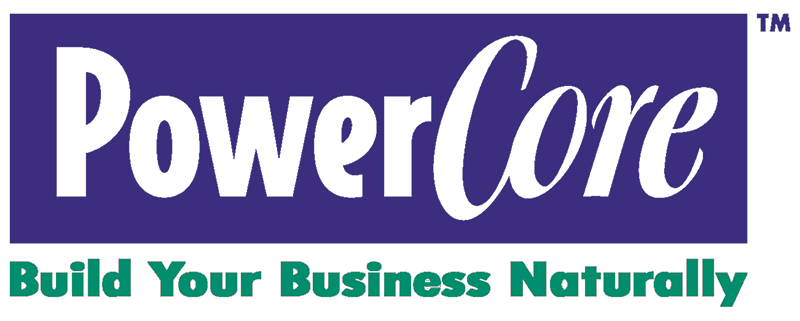Mr. Karey Rivers III
Life & Health Insurance
I help families and business owners protect their futures through smart insurance and living benefits. I'm a guitarist, fitness enthusiast, and family centered professional who believes success starts with faith, focus, and financial confidence.




